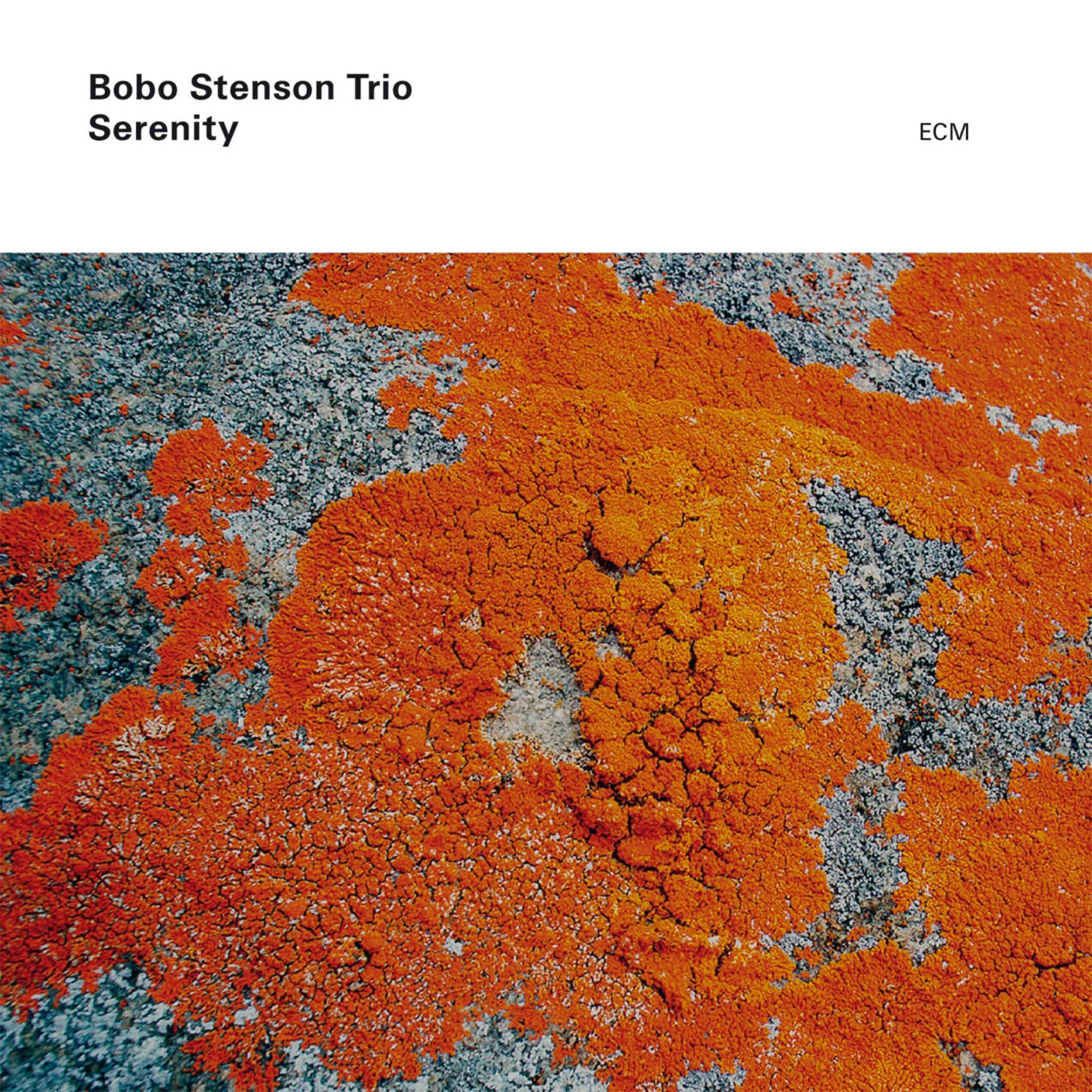With 'Serenity', the trio led by Stenson reaches a new level, uniting diverse influences: jazz tradition, folk music, Cuban sounds, modern compositions, and improvisation. The selection of material is particularly thoughtful. Alongside original compositions by the individual band members and joint improvisational pieces, the ensemble interprets works by various composers: two compositions by Hanns Eisler, one piece each by Charles Ives and Alban Berg, Wayne Shorter's 'Swee Pee', Silvio Rodríguez's 'El Mayor', and two versions of the Swedish folk song 'Polska of Despair' by Lorens Brolin.

